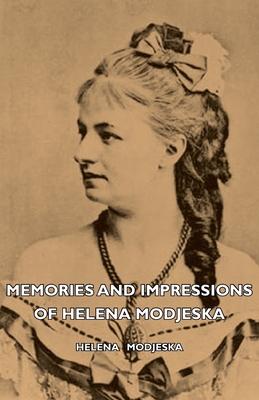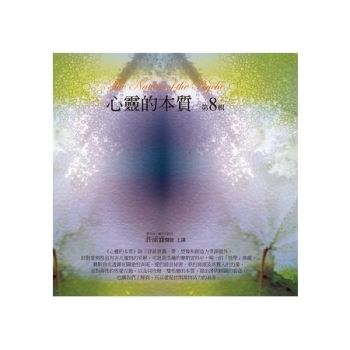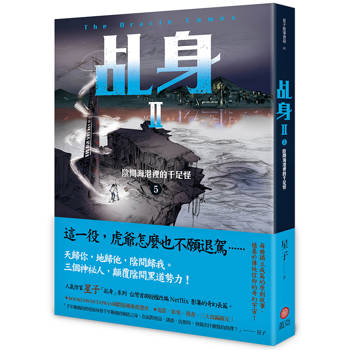The car comes to a stop. After several years of absence, I am in Poland again. The sun sheds upon the snow myriads of sparks, which glisten like so many precious gems; a purple strip of mist rises above the distant forest of dark, pointed pines, which form a background to white, humble huts, throbbing with lives of patience and toil, under the iron hand of the ruler... I feel a mysterious glow penetrating into the very depth of my heart, tears rise to my eyes; I humbly bow my head and whisper, "Hail, beloved..." "Einsteigen, meine Herrschaften," shouts the metallic voice of the conductor, waking me from my revery, and by his sudden cry in a foreign language brutally recalling to my mind the misfortunes of my country. As we proceed further through German Poland we look in vain for any outward sign of the nationality of the inhabitants; there is none. No Polish inscriptions, no Polish names of the stations, no railroad employees allowed to speak Polish; yet crowds of peasants and workingmen hurrying to the fourth-class cars speak only the vernacular. Strange to say, there is one thing that all the efforts of the repressive governmental system cannot destroy, and that is the deep-rooted patriotism of the people, nor can they make of no avail their heroic struggle to preserve their mother-tongue.
| FindBook |
有 1 項符合
Memories And Impressions Of Helena Modjeska的圖書 |
 |
Memories And Impressions Of Helena Modjeska 作者:Modjeska 出版社:Ghose Press 出版日期:2008-11-04 語言:英文 規格:精裝 / 636頁 / 21.59 x 13.97 x 3.96 cm / 普通級/ 初版 |
| 圖書館借閱 |
| 國家圖書館 | 全國圖書書目資訊網 | 國立公共資訊圖書館 | 電子書服務平台 | MetaCat 跨館整合查詢 |
| 臺北市立圖書館 | 新北市立圖書館 | 基隆市公共圖書館 | 桃園市立圖書館 | 新竹縣公共圖書館 |
| 苗栗縣立圖書館 | 臺中市立圖書館 | 彰化縣公共圖書館 | 南投縣文化局 | 雲林縣公共圖書館 |
| 嘉義縣圖書館 | 臺南市立圖書館 | 高雄市立圖書館 | 屏東縣公共圖書館 | 宜蘭縣公共圖書館 |
| 花蓮縣文化局 | 臺東縣文化處 |
|
|
圖書介紹 - 資料來源:博客來 評分:
圖書名稱:Memories And Impressions Of Helena Modjeska
|











